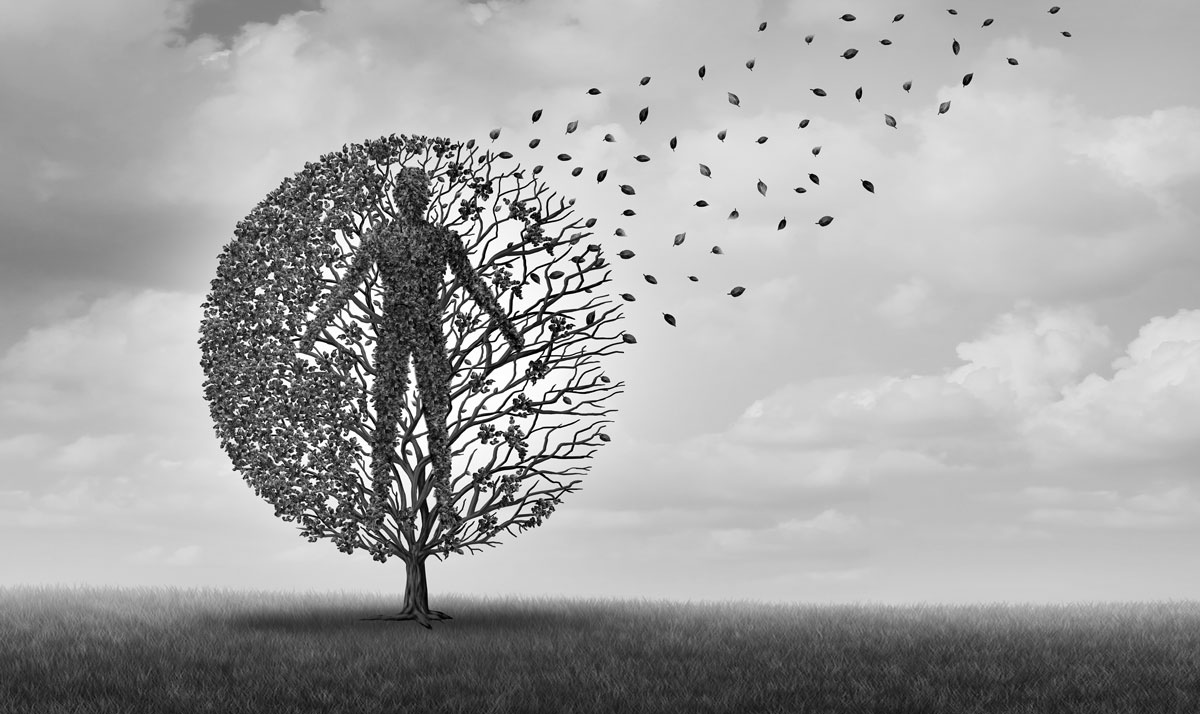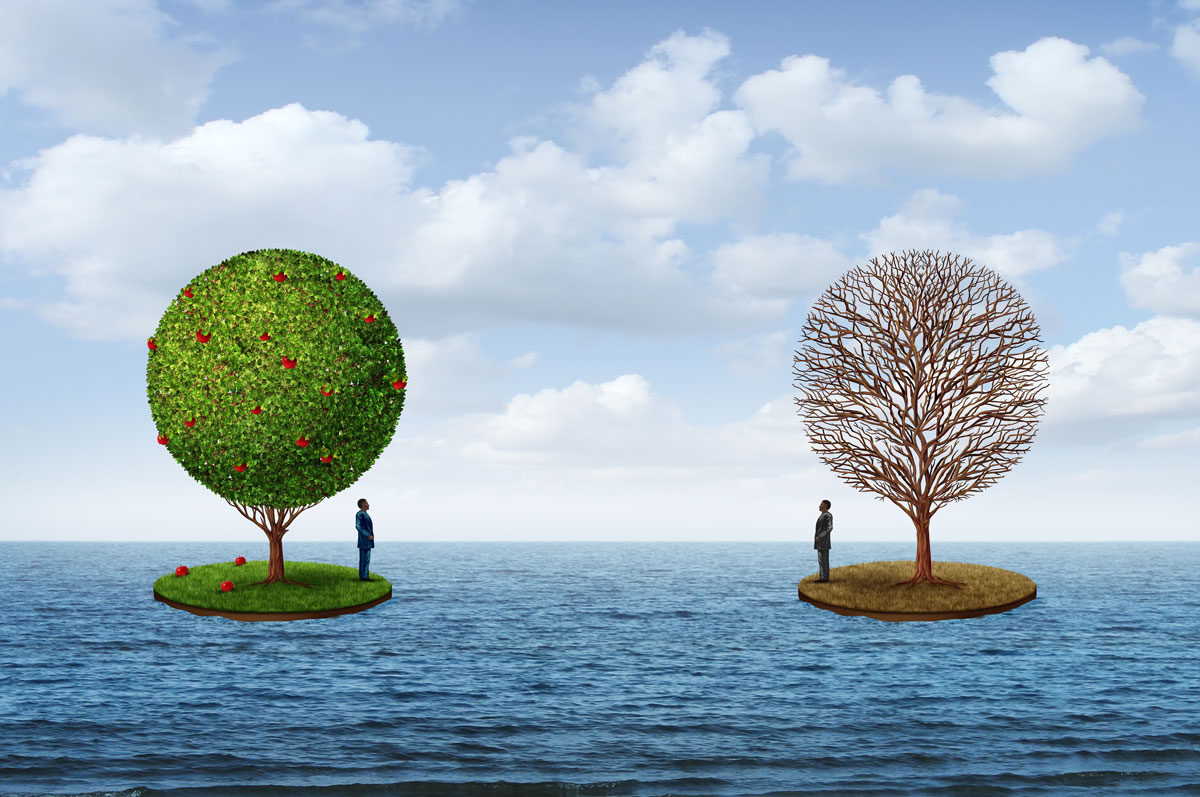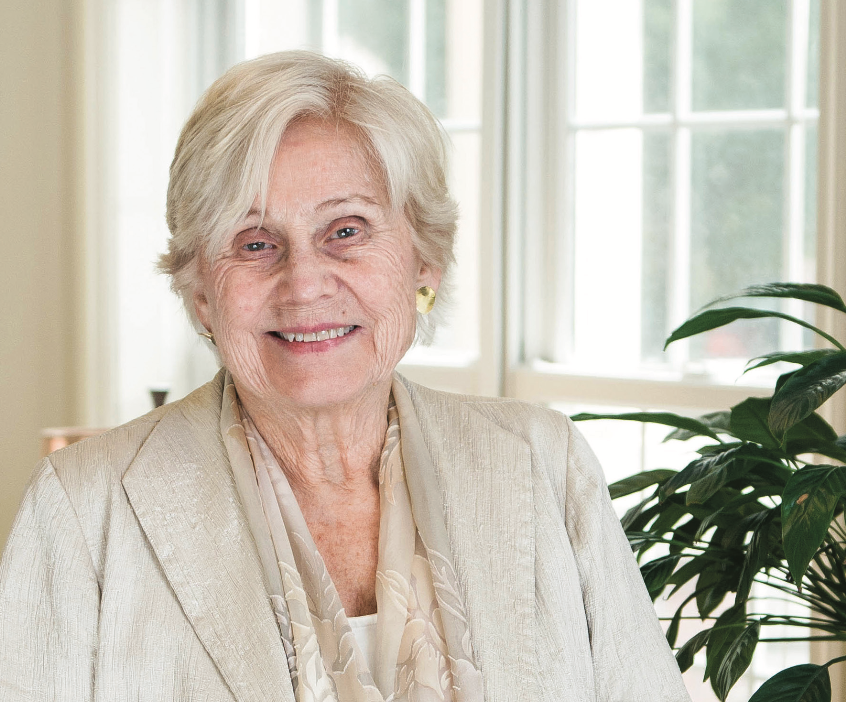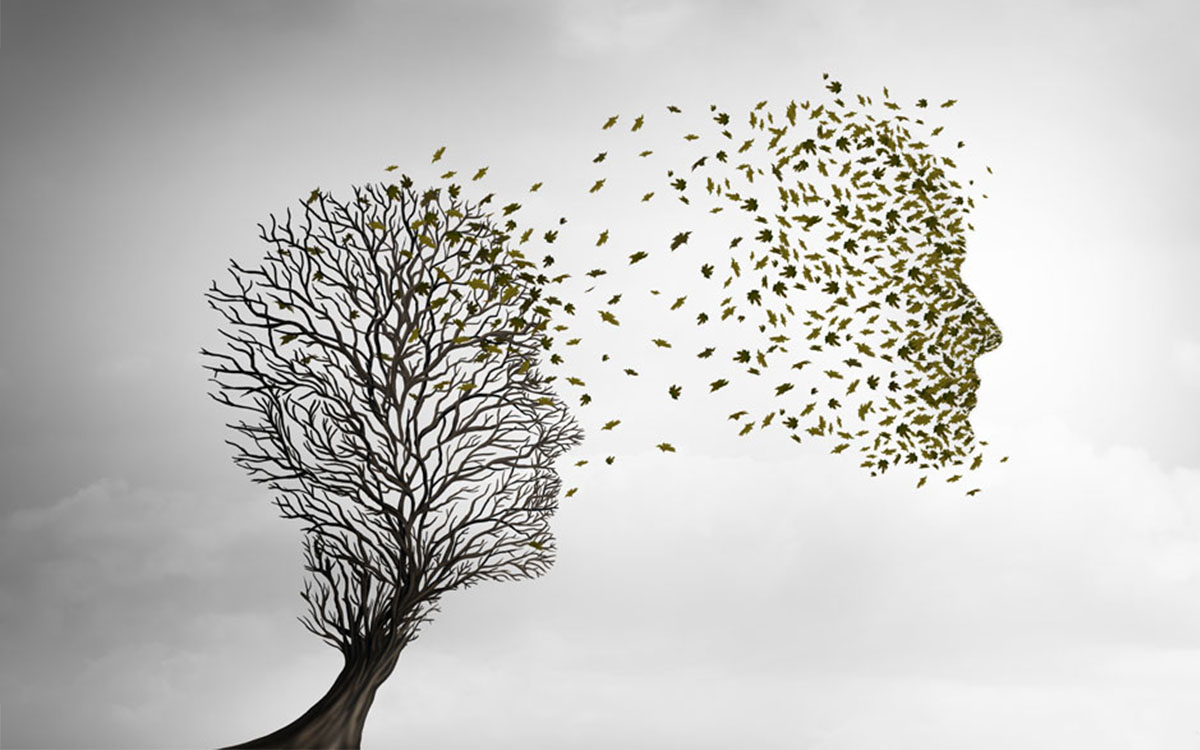I woke up at 1 AM with sharp, piercing pain in my stomach. My first reaction was disbelief. “This can’t be serious. It has to pass. I was totally fine when I went to bed.”
But the pain didn’t go away. It was relentless. “Worse than childbirth,” I said. Peter and I waited six hours before calling 911 and getting me to the Emergency Room. Huge mistake. I didn’t call 911 because I couldn’t face reality. Stoic that I am, I thought I could make my problems disappear if I just ignored them. (You can read my blog on how coping styles impact your health here.)
When bad things happen to us, we tend to deny that they are taking place.
At the ER, I was oblivious of everything except my pain. I could hardly speak. When a voice told me, “The tests indicate you have a blockage in the bowel,” I could hardly understand the meaning of those words. The voice continued, “This situation is life-threatening, if the blockage doesn’t clear by itself, surgery will be necessary. We need to wait a while and see what happens.”
The next three days passed waiting to see if the blockage would clear. I was put on intravenous fluids but was given nothing to drink and no food at all. My entire being was a dull pain. When I heard voices discussing getting morphine for me I thought, “Morphine is for people who are dying? Am I dying? With great effort, I could say a few words to the nurses who came and went. But mostly I did nothing, just rested.
My son, Ben, who stayed the entire first day was scared but was relieved a competent surgeon was overseeing my case. I felt like an empty shell of a person. I had no thoughts, no feelings. If I was close to death, there were no shining lights of the heavenly gates for me, no life-changing insights about God or the Universe. Just numbness.
By day 4, the doctor/voice decided we had waited long enough and it was time to operate. It felt like a welcome decision to end this time of misery. And, when I came to after the surgery I felt better, hallelujah. A miracle. I was tired, foggy, but, oh so relieved by how little pain I felt. It was not gone, but I was better.
Pain can obliterate our consciousness and sometimes can’t be denied. And sometimes there are no silver linings for the pain we feel.
At the hospital, I was in a double room, sharing space with Frances, a lovely 92-year-old woman, a mother of six. Whether I chose to or not, I heard every word that happened on the other side of the flimsy curtain that separated Frances and me. I heard a doctor tell Frances, “There is nothing more medicine can do to treat your cancer. You should wrap up your affairs as soon as possible and spend some quality time with your children and grandchildren, people you love.”

Frances replied to him. “I can accept that now. I have had a good and long life. I would like to go home. Each of my children has agreed to come and take care of me for a week.” On the other side of the curtain, I was thinking how wise Frances is. How accepting of the sad fact that she is dying.
The children of Frances arrived one by one. Their conversations drifted across the curtain each day from noon to late at night. Each of her adult children said to their mother something along the lines of “Don’t give up hope, Mom. Please consider again that new drug we heard about?” What about acupuncture? Another kind of infusion? “Another clinical trial? The kids were united in their insistence that their mother try something else. Frances said she didn’t want any more treatment several times but it seemed they didn’t hear her.
Meanwhile, as I listened hour by hour, day by day, I was astonished. Couldn’t the “kids” understand that Frances was dying? I wanted to shout; “Just listen to Frances.” I wanted to tell them, “We need to let people die in peace and with dignity when it is hopeless. You all need to read Being Mortal by Atwal Gawande.” This gem of a book advocates for early and honest discussions with family about end-of-life issues. Only days later did I remember I, too, had denied the seriousness of my illness. Reality is tough to face.
We need to be there for dying people. Not pretending to them they will get better. We need to listen to them and keep them company on their journey to life’s end.
I felt sad for Frances. She was so wise, brave, and loving. But I realized, a little sheepishly, I also felt a growing wave of joy in myself, for me. “I was going to get better. I was not dying like Frances. No matter how bad I felt, I was going to live for a while.”
The Germans have a word for this complicated feeling: schadenfreude. It is the guilty tinge of pleasure we may feel when it is not us, but someone else, who has experienced misfortune. And along with schadenfreude guilt, I became aware that within me there was a deep reservoir of hope and optimism. As Camus put it, “In the midst of winter, I found there was, within me, an invincible summer.”

I have enjoyed exceptionally good health for the last 20 years. Before my surgery, I had come to hope, and maybe even believe, this could go on for many more years. I saw people in their eighties all around me, living active exciting lives. In my book Eightysomethings, I challenged the negative, disproven stereotypes that old age is all about gloom and doom, decline and despair. I had good news. But it is not all good news.
The Buddhists have a word, dukkha, that has come to mean a lot to me. Dukkha means impermanence, stress, suffering, pain, fragility, and unsatisfactoriness. Dukkha is part of the human story, along with happiness and joy. We can sail along for days or months and even years. My close call with death and the pain changed me; I will not easily forget that life is also suffering. And, that suffering can have the paradoxical effect of making me appreciate my life even more.
For some people, dukkha is so omnipresent, so much a part of their daily life, that the suffering, pain, and sorrow dominate their psyches. They have to work hard to find joy. None of us it seems have it easy.
We must acknowledge the pain, suffering, and even death, as well as happiness and joy. To be whole, we must all move beyond the allure of denial and accept those aspects of life that are difficult for us to embrace. There is work for us all. Reality is tough to face.
#health #eightysomethings #death #family #aging


